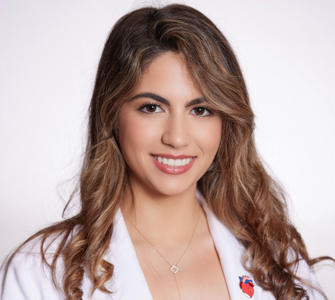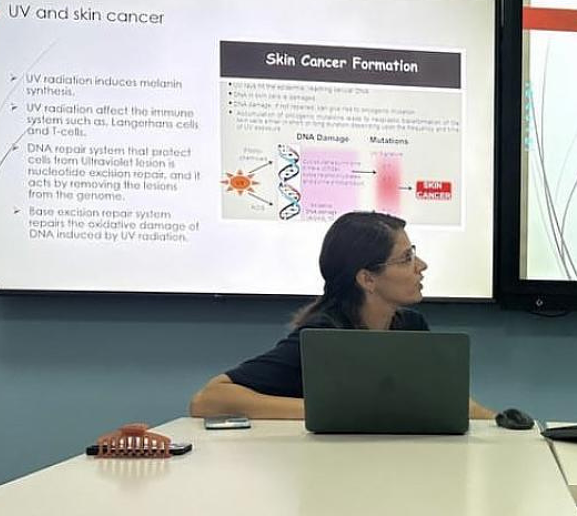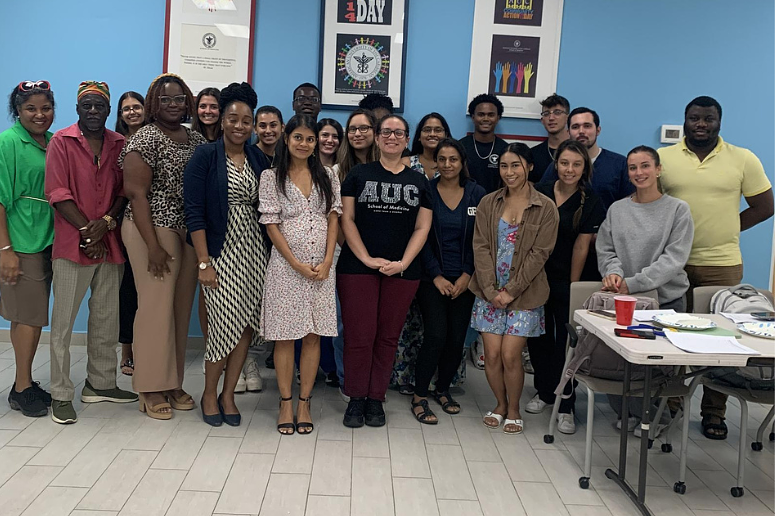Despite AUC graduates' past success, Daniel Judelson knew how competitive the Canadian Resident Matching Service (CaRMS) could be for an international medical graduate—and he wasn’t taking any chances. In the years leading up to the match, the Saskatchewan native traveled his home province, meeting program directors and residents, becoming familiar with each hospital—all the while maintaining stellar grades.
His hard work paid off. In July, Dr. Judelson will start a family medicine residency at the University of Saskatchewan in North Battleford.
We caught up with Dr. Judelson to learn more about his journey through medical school, his match strategy, and more.
Which programs did you apply to?
I applied to all the programs in Saskatchewan for family medicine, and I received interviews for five out of the seven. I hadn’t planned on doing the U.S. National Resident Matching Program (NRMP Match®), I was focused on CaRMS only, so essentially I put all my eggs in one basket. It was a little scary, for sure. Applying to CaRMS as an international medical graduate is riskier than trying to match in the U.S., because there’s an abundance of applicants for a small number of IMG spots.
How did you set yourself up for success?
First, I participated in a pilot program run by the University of Saskatchewan, called Canadians Study Abroad (CSA), which helps recruit Canadians studying internationally to come back and practice in Saskatchewan. I did all of my core rotations at the U of S College of Medicine branch in Regina. They gave me a lot of guidance and made me feel like one of their own students, which I’m very grateful for.
I also made sure that I had family medicine electives at all the sites in Saskatchewan, so that I would have an opportunity to meet the residents. And I made an effort to speak with all the program directors and work with them so that they would recognize me and get to know me a little better.
Why did you choose family medicine?
I’ve always had an interest in general medicine and learning how everything works, as opposed to being in a narrow, specialized field. During my rotations, I felt comfortable in the family medicine environment—it’s more down-to-earth and offers plenty of interaction with patients. Plus, in Canada especially, you have a lot of options with family medicine. You can do a year in emergency medicine, a year in general surgery, etc., and pursue the best fit for you.
What inspired you to become a physician?
My dad is a physician and my mother is a nurse. Growing up in a medical family does rub off on you, and I always wanted to pursue medicine for various reasons. But when I started university, I was just unsure. You’re 17 years old, it’s difficult to try to make a decision that’s going to impact the rest of your life. For the sake of pursuing my education, I did a business degree. After I graduated, I was a little more mature and realized I needed to pursue medicine. That’s when I went back to school to do my prerequisites.
Why did you choose AUC?
As someone who already had a degree, it was difficult to complete my prerequisites and then apply to medical school in Saskatchewan. There are restrictions on what kinds of classes you can take, and requirements are always changing. AUC allows you to go through the basic sciences quickly, which definitely factored into my decision. I applied to quite a few Caribbean schools and was accepted to all of them. AUC just sounded like it would be the best fit for me.
How was your AUC experience?
AUC does everything they possibly can to help you achieve your goals. It’s obvious that the faculty really care and want you to do well, and AUC is a great community to be a part of. The curriculum is very focused on preparing you for the United States Medical Licensing Examination (USMLE®), and there are a lot of support services available. In particular, AUC’s Transition to Clinical Medicine support program (TCM) helped me go into clinical rotations with confidence.
I would certainly encourage people who had difficulty getting into a Canadian medical school that AUC would be a good option. But at the end of the day, it’s up to you to put in the work. It comes down to how you prepare yourself. Medical school is always going to be difficult and stressful. You just have to be conscientious, work hard, and trust that things will work out for you if you continue to work hard.




